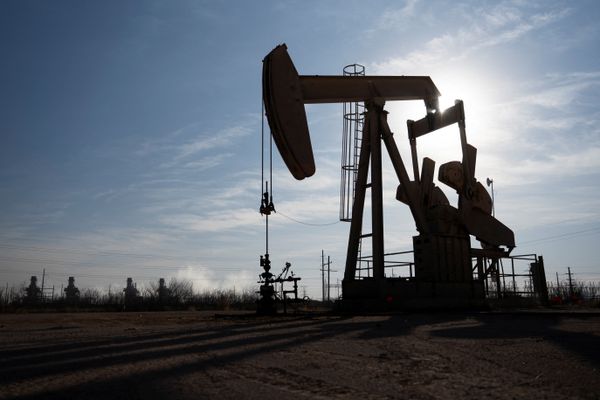LONDON, April 3 — Oil prices declined on Thursday as the decision by the OPEC+ group to speed up its unwinding of oil output cuts in May compounded already-heavy losses following United States (US) President Donald Trump's announcement of sweeping new tariffs on Wednesday.
Brent futures were down US$4.93, or 6.58 per cent, at US$70.02 a barrel by 1305 GMT. While US West Texas Intermediate crude futures were down US$5.07, or 7.07 per cent, at US$66.64.
Brent was on a course of its worst percentage drop since August 1, 2022, while WTI was on the course of its worst percentage drop since July 11 2022.
Eight OPEC+ countries agreed to advance their plan for oil output hikes, now aiming to return 411,000 barrels per day to the market in May from the 135,000 bpd initially planned, the group agreed in a ministers' meeting on Thursday.
"First recession and demand fears driven by Trump's tariff bazooka, and now the prospect for rising supply from OPEC+ and crude has seen a two-day slump, retracing more than half of what was gained during the previous month
"Unless secondary tariffs and direct sanctions remove barrels, traders will once again turn their attention to the risk of an oversupplied market hurting prices," said Saxo Bank analyst Ole Hansen.
Oil prices were already trading some four per cent lower prior to the meeting, as investors reacted to Trump's tariffs with concerns that they would escalate a global trade war, curtailing economic growth and limiting fuel demand.
Trump on Wednesday unveiled a 10 per cent minimum tariff on most goods imported to the US, the world's biggest oil consumer, with much higher duties on products from dozens of countries.
Imports of oil, gas and refined products were exempted from the new tariffs, the White House said on Wednesday.
UBS analysts on Wednesday cut their oil forecasts by US$3 per barrel over 2025-26 to US$72 per barrel.
Traders and analysts now expect more price volatility in the near term, given that the tariffs may change as countries try to negotiate lower rates or impose retaliatory levies.
"Countermeasures are imminent, and judging by the initial market reaction, recession and stagflation have become terrifying possibilities
"As tariffs are ultimately paid for by domestic consumers and businesses, their cost will inevitably increase, impeding the rise in economic wealth," said PVM analyst Tamas Varga.
Further weighing on market sentiment, US Energy Information Administration data on Wednesday showed US crude inventories rose by a surprisingly large 6.2 million barrels last week, against analysts' forecasts for a decline of 2.1 million barrels.
— Reuters




